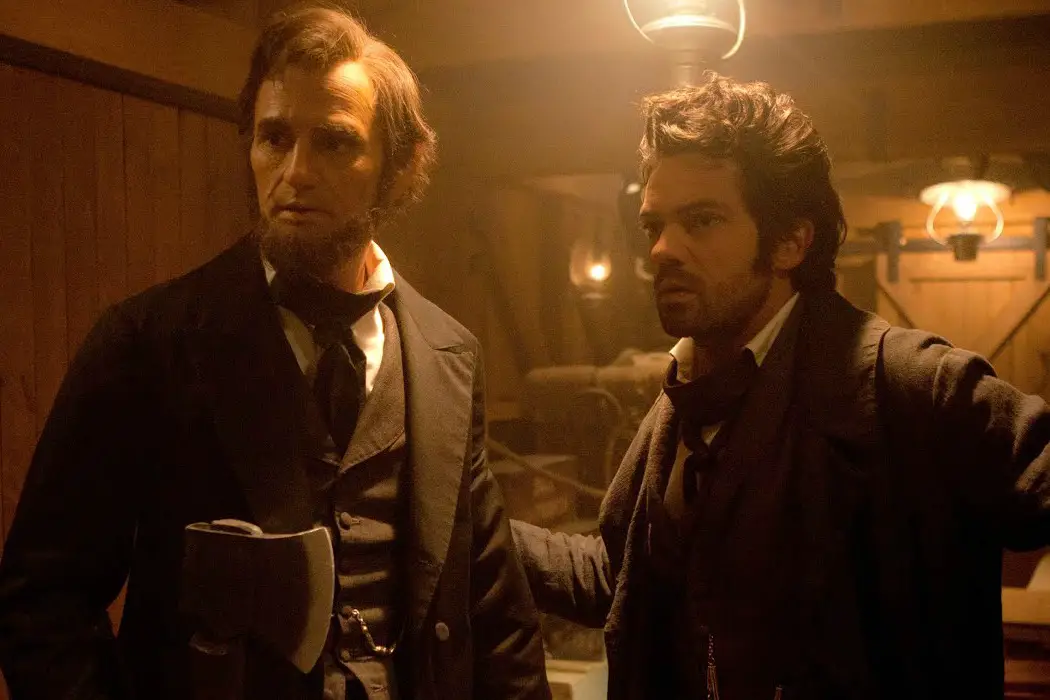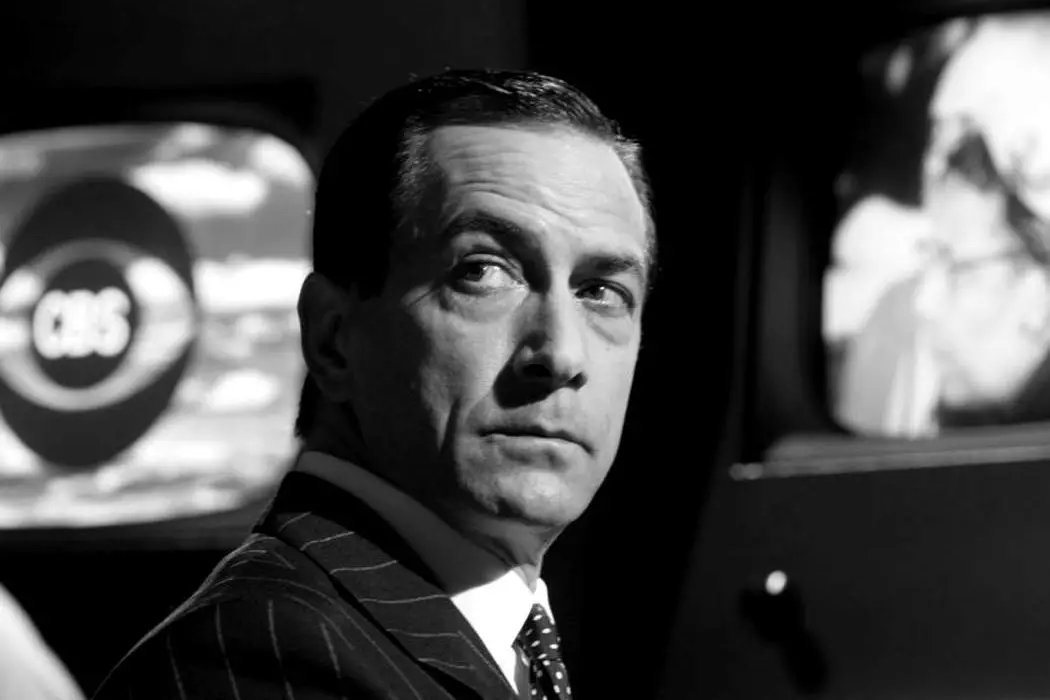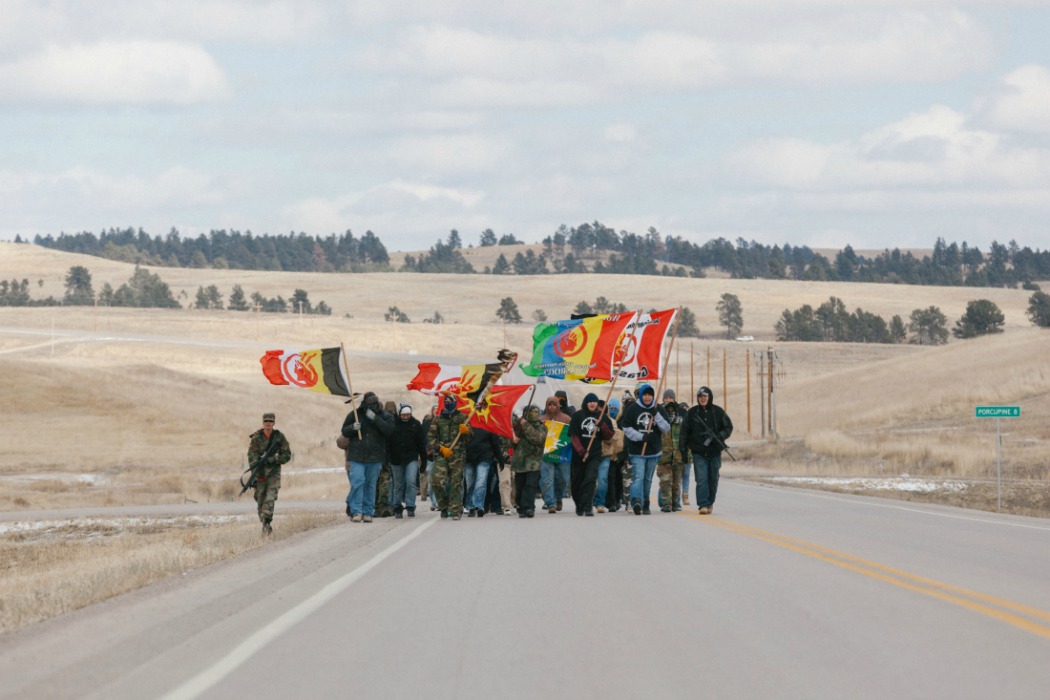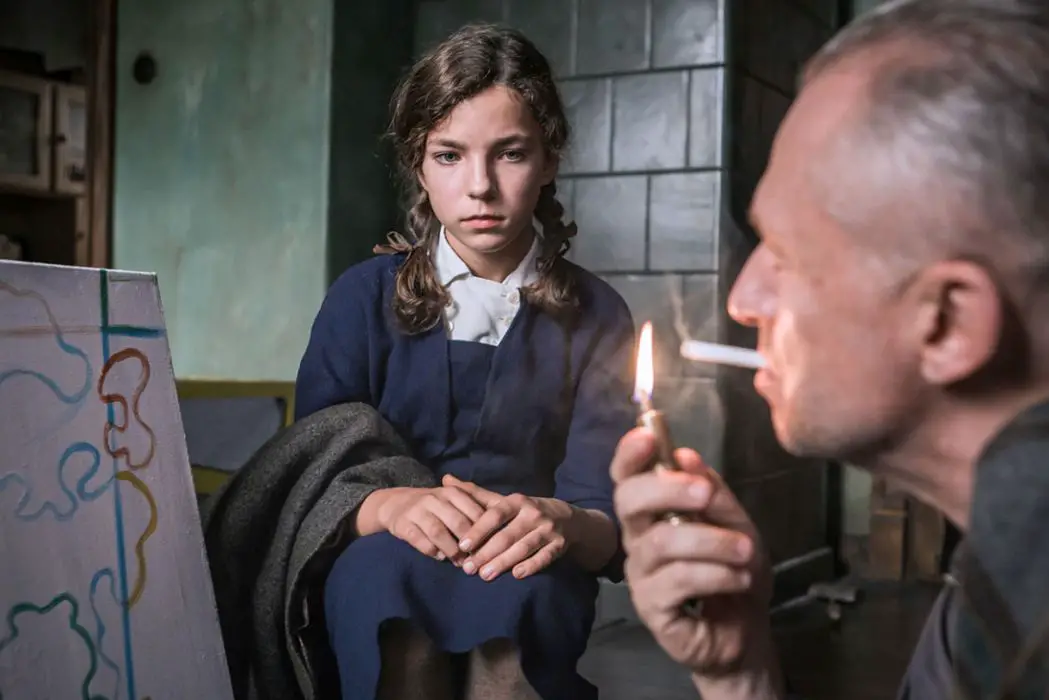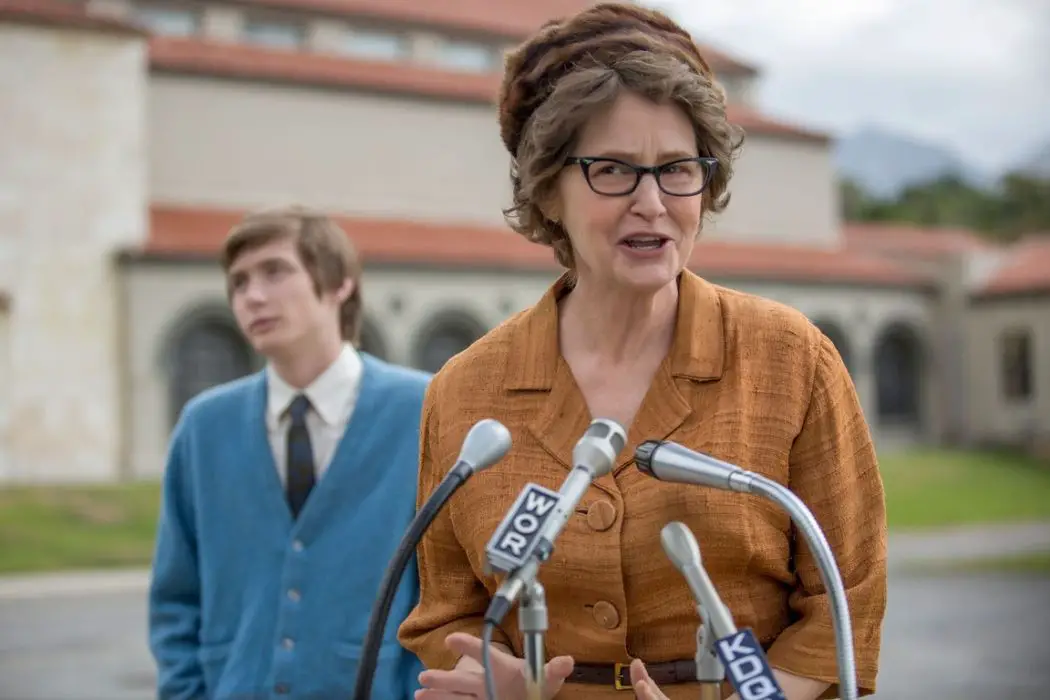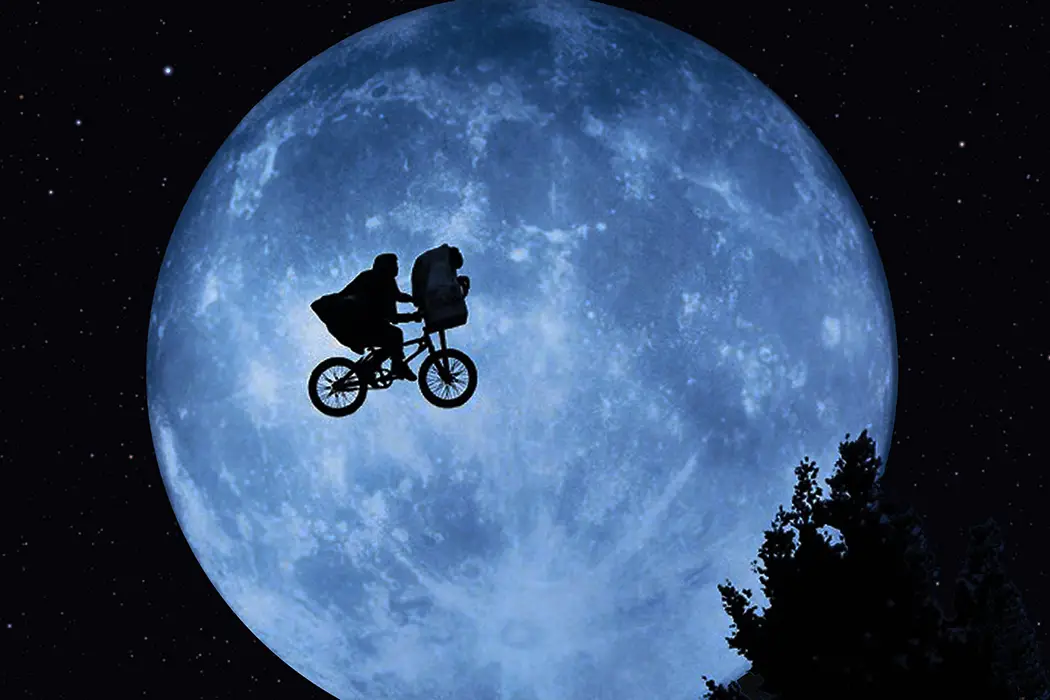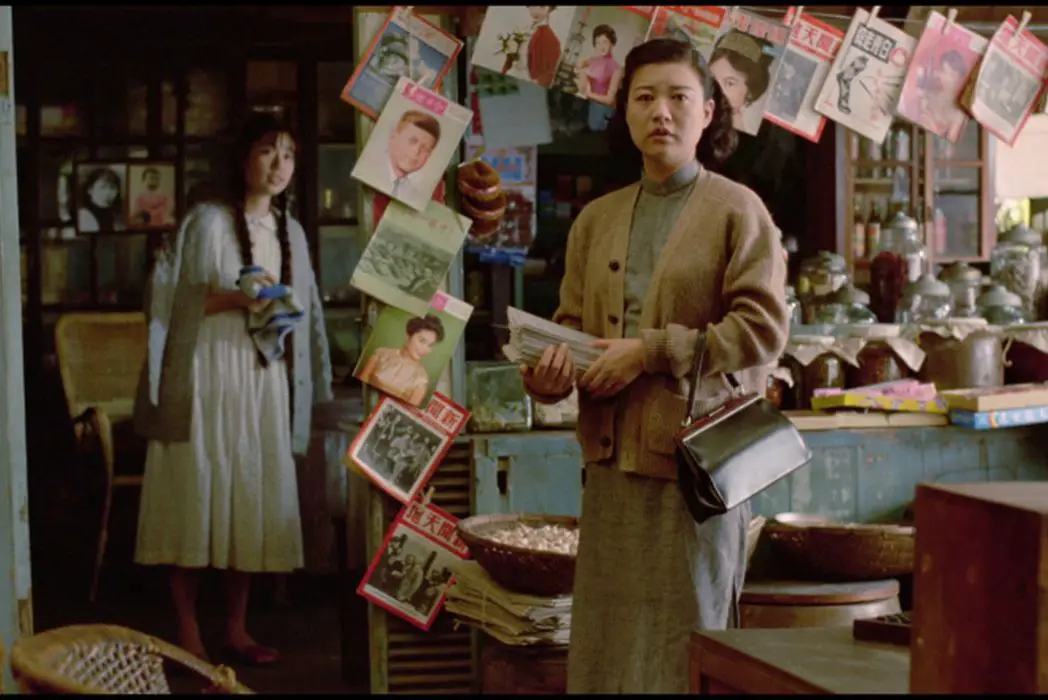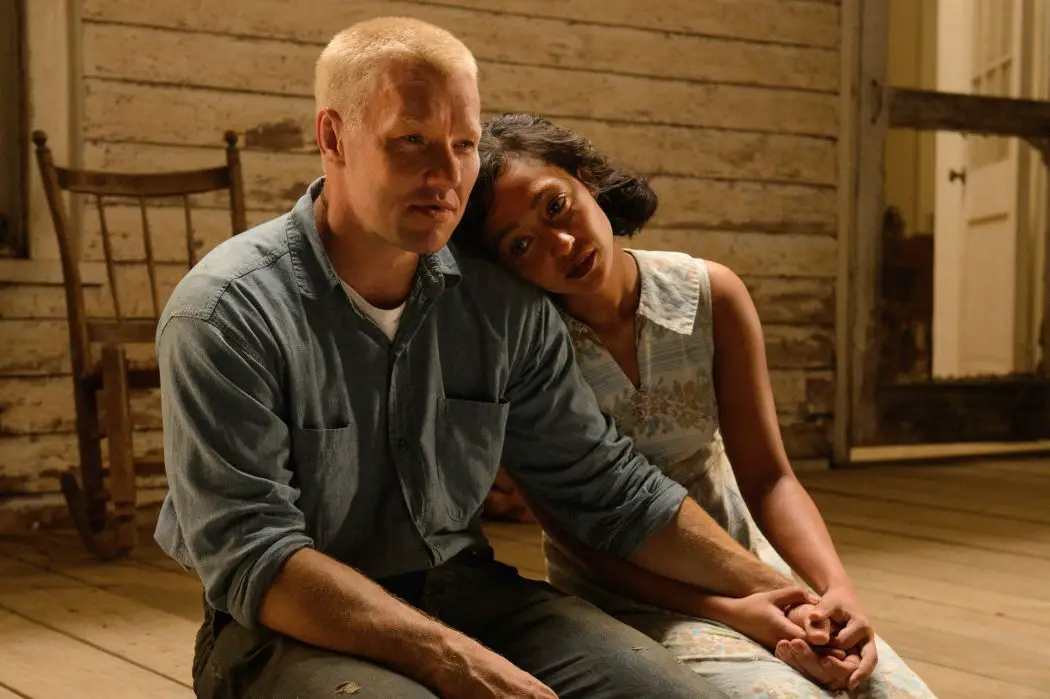history
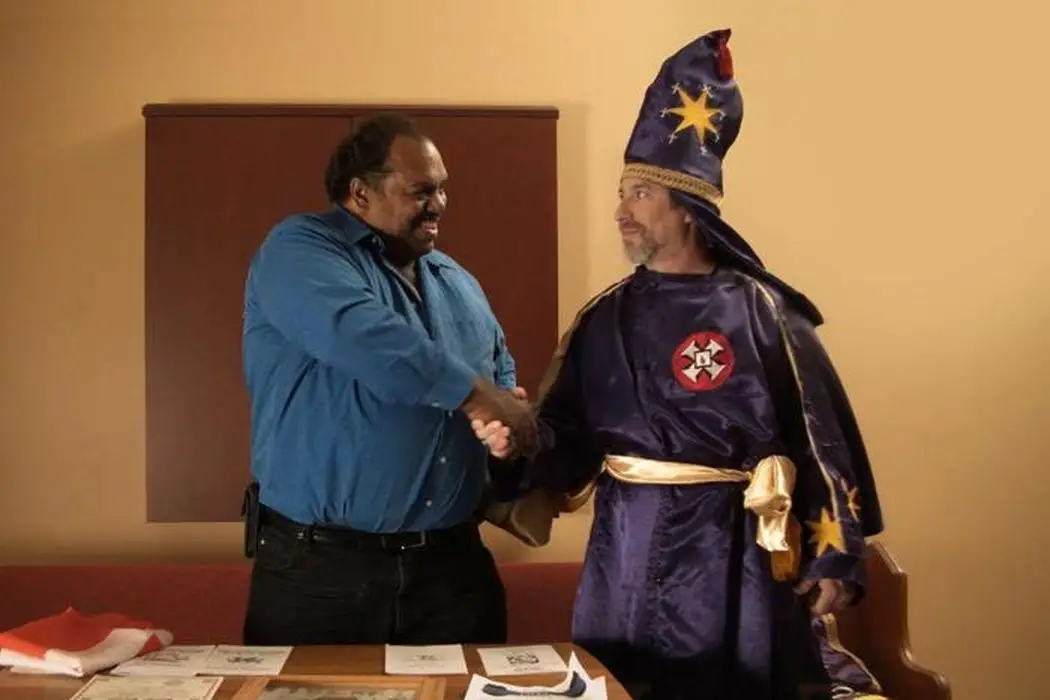
With the spectre of white nationalism once again rearing its ugly head in the guise of the so-called ‘Alt-Right’, Matthew Ornstein’s profile of the musician, author, actor and lecturer Daryl Davis, Accidental Courtesy: Daryl Davis, Race & America couldn’t be more relevant. Davis has an unusual hobby for a black man:
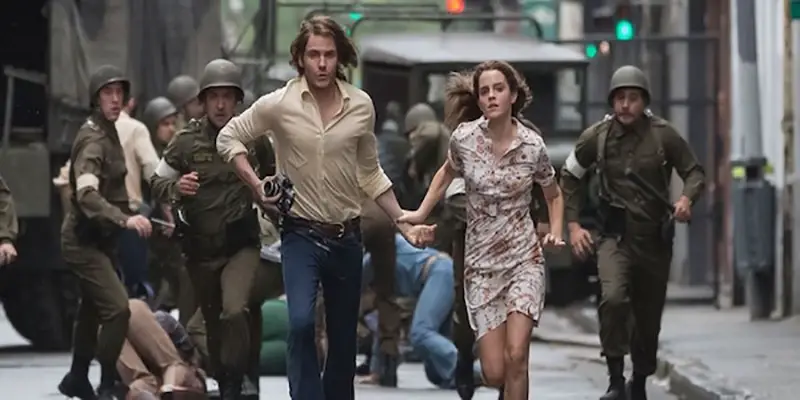
In 1973, Augusto Pinochet seized power in Chile and demoted the previous civilian rule to replace it with a military dictatorship. Colonia Dignidad, commanded by Paul Schäfer and other allies of Pinochet, served as a prison for political detainees under his regime, despite the bastille being concealed by the veneer of a farming commune. With a historical premise as intriguing as this, it’s unfortunate how much Colonia’s (also known as The Colony) filmic portrayal falters more than it succeeds.


